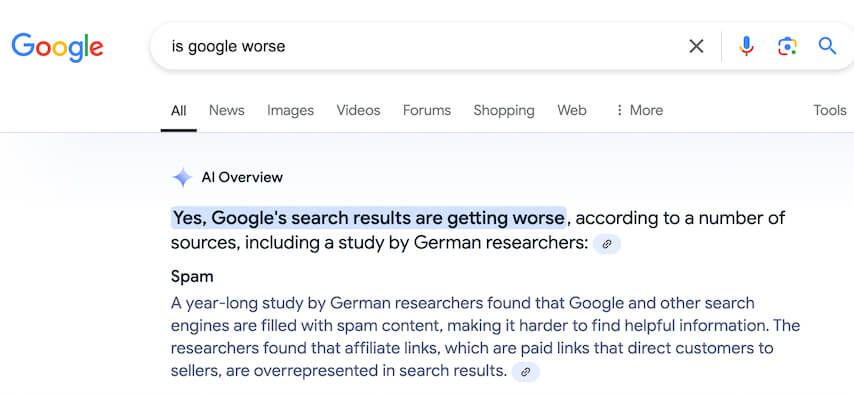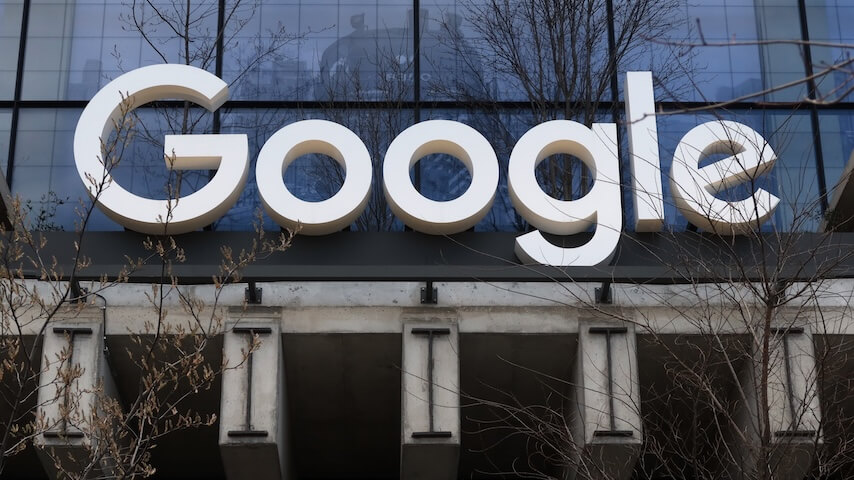Among the factors at issue include Google investing a lot of money to be the default search browser on many of our devices; the filing refers to those distribution deals as a “starting point for addressing Google’s unlawful conduct.” According to ABC News, another possible remedy would be to allow companies to opt out of having their information used by Google’s A.I. search responses. The DOJ is expected to offer a more detailed proposal next month, and U.S. District Judge Amit Mehta has outlined plans for a trial on the proposed remedies in the spring with a decision by August 2025.
Obviously, Google’s not happy about any of this, and plans to appeal the original antitrust decision handed down in August. (The company won’t be able to officially appeal until Mehta makes a ruling on the remedies.) Google’s vice president of regulatory affairs Lee-Anne Mulholland shared some complaints about the DOJ filing in a blog post, writing that “Government overreach in a fast-moving industry may have negative unintended consequences for American innovation and America’s consumers.” She argued that breaking off Chrome and Android “would change their business models, raise the cost of devices, and undermine Android and Google Play in their robust competition with Apple’s iPhone and App Store.” She also cited “fierce” global competition around artificial intelligence: “There are enormous risks to the government putting its thumb on the scale of this vital industry—skewing investment, distorting incentives, hobbling emerging business models — all at precisely the moment that we need to encourage investment, new business models, and American technological leadership.”
There may indeed be “risks” to the government interfering with A.I., but the real issue here is that we’re reaching a tipping point for the government to actually start regulating the use of artificial intelligence, an area which has so far been more or less the wild west. Of course, Google doesn’t want to be the guinea pig that takes the first regulatory blow! And that’s despite the fact that its flagship product, the search engine, is getting worse. You don’t have to take our word for it; take it from Google’s own A.I.:

The A.V. Club/Google
Anyway! Dismantling Google—whatever form that might take—would be a big deal, because as Bloomberg notes, it would be the first time the DOJ attempted any such action since unsuccessfully pushing to break up Microsoft Corps. in 2001. But in all likelihood, we won’t see the results of this antitrust ruling for a long while; if and when Google does appeal, the issue will get tied up in the courts for who knows how long, and if any of these remedies are enforced, the timeline to actually enact it could take years. However, if it does move forward, it will be a historic landmark for the government to finally put some checks and balances on Big Tech.










































